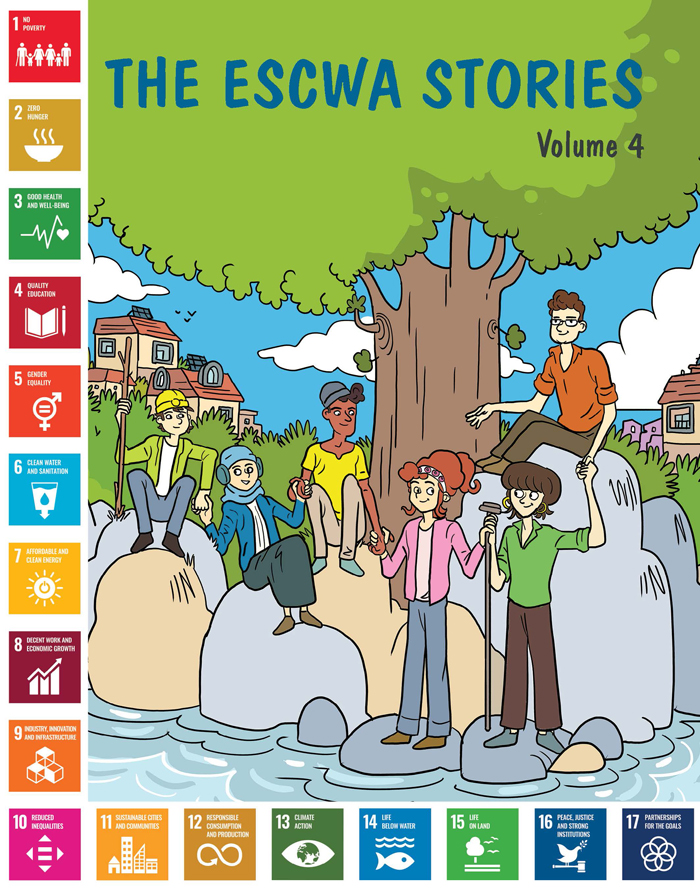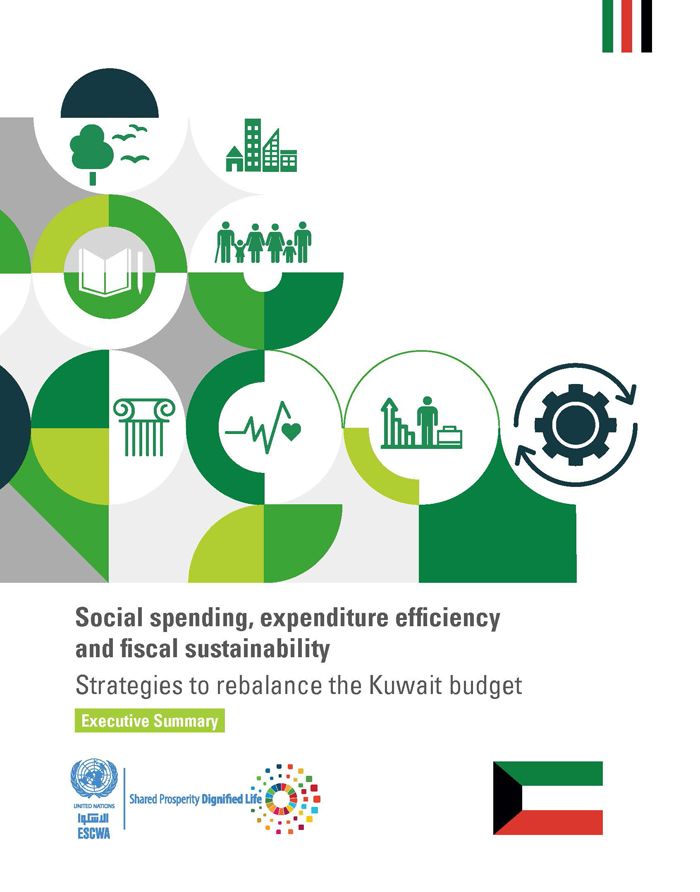
ESCWA Publication: E/ESCWA/SDD/2015/2
Country: Arab region
Publication Type: Reports & studies
Cluster: 2030 Agenda and SDG Coordination
Focus Area: 2030 Agenda, Inclusive development, Future of employment
Initiatives: Reforming social protection systems
SDGs: Agenda 2030, Goal 10: Reduced Inequalities
Keywords: Arab countries, Education, Employment, Government policy, Health, Housing, Social development, Social security, Sustainable development, Health services, Labour market, Right to education
Inclusive Social Development
January 2015
The 2011 uprisings have affected the entire Arab region politically, economically and socially. Political instability and conflict have since then replaced optimism and hope, and calls for social inclusion, economic reform and increased social justice were in some cases silenced. Governments in the region now face considerable challenges on many levels; however, embarking on the needed social reforms should remain a priority. There are still opportunities to reshape and guide future social policy trajectories in Arab countries in order to ensure that development and growth become inclusive and sustainable.
This report lays out a concept of inclusive social development. It reviews the current status in the areas of employment, social protection, access to health care, education and housing services in the Arab region. It also looks into the interconnections between policy domains and suggests ways to mainstream social inclusion across government policies. The report does not aim to provide a comprehensive inventory, but rather looks at key issues on the basis of selected country examples.
Related content
2030 Agenda
, Inclusive development
, Future of employment
,
The 2011 uprisings have affected the entire Arab region politically, economically and socially. Political instability and conflict have since then replaced optimism and hope, and calls for social inclusion, economic reform and increased social justice were in some cases silenced. Governments in the region now face considerable challenges on many levels; however, embarking on the needed social reforms should remain a priority. There are still opportunities to reshape and guide future social policy trajectories in Arab countries in order to ensure that development and growth become inclusive and sustainable.
This report lays out a concept of inclusive social development. It reviews the current status in the areas of employment, social protection, access to health care, education and housing services in the Arab region. It also looks into the interconnections between policy domains and suggests ways to mainstream social inclusion across government policies. The report does not aim to provide a comprehensive inventory, but rather looks at key issues on the basis of selected country examples.



